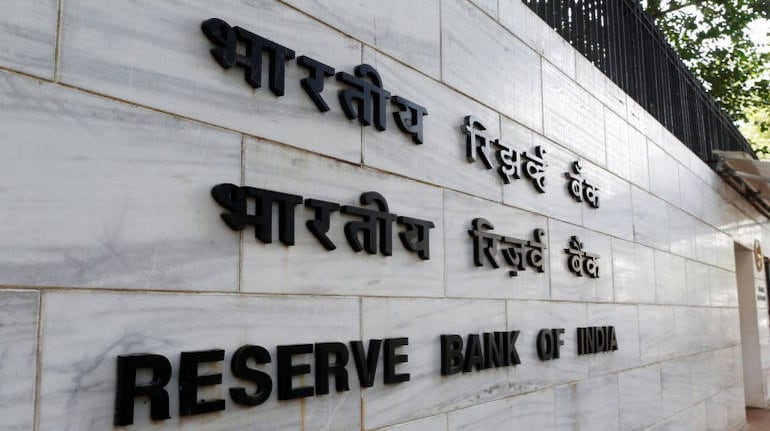



Last year as I was writing my wrap-up piece for 2019, I was also reading the novel ‘Inferno’ by Dan Brown. The novel’s plot was around a villain wanting to spread plague in the world to lower the growing human population. The hero of Dan Brown books, Professor Robert Langdon, tries to save the world. Little did I realize that the book’s plot will enfold in the world in subsequent months without a Langdon to save the world from the pandemic.
This year, the one thought that dominates is how the world is increasingly resembling that of the 1920s. This was true even before the pandemic struck.
First, in both periods we see the decline of one superpower and rise of another. Back then, Britain was the descending superpower and the US was emerging as a superpower. Currently the US is on a decline and China is looking to take the position although it must be said that the pandemic has severely dented the image of the Asian giant.
Second, we see the European polity and economy being broken in both the phases. Before World War I, the European economy was doing well and was completely broken post the war. Similarly, European economies were doing relatively fine till the 2008 crisis led to constant chaos and decline. We have already seen Britain exiting from the European Union and there is a constant fear of breakup of Europe’s Monetary Union where members share the common currency Euro.
Third, economic and political difficulties in the 1920s sowed the seeds for rise of extreme right wing governments in Europe. We are seeing a similar rise today as well as seen in case of Hungary and Poland.
Fourth, the pandemic disrupted lives and livelihoods in both the periods. However, World War I took precedence over pandemic in the 1920s. Now, the COVID-19 current pandemic is at the centre of events and has taken us even closer to the 1920s.
Given these similarities, it is interesting to see how these conditions impacted monetary policy and central banking in both the phases.
Before WWI, the Gold Standard was the most preferred monetary system and central banks swore by it. The central banks had done away with Gold Standard during the war in order to support government spending. Post the war, there was a clamour to return to the Gold Standard. The Bank of England not only returned to the Gold Standard but adopted the same price of Gold which meant tightening of monetary conditions in England.
John Maynard Keynes had warned the Bank of England not to adopt the system but was ignored. Earlier, Keynes had warned not to impose stringent reparation conditions on Germany but that was ignored too. The consequences of ignoring his advice were deep and sowed the conditions for both the great depression and Second World War. Liaquat Ahmed in his book Lords of Finance has wonderfully documented this phase of global history from the lenses of central banking.
Fast forward to today, inflation targeting was the most preferred system before the 2008 crisis. Post-2008 crisis as economies slipped into recession and slowdown, central banks cut policy rates and eased liquidity conditions to support economy and financial markets. As economies recovered, there were voices that central banks should go back to targeting inflation and should not be bothered about growth or financial stability. However, central banks ignored these voices and continued to provide monetary stimulus citing lessons from the great depression.
During the pandemic, central banks intervened even more forcefully earning both praise and criticism. The Federal Reserve has started review of its monetary policy before the pandemic. During the pandemic, the central bank announced that it will adopt average inflation targeting (AIT). Under AIT, the central bank "seeks to achieve inflation that averages 2 percent over time”. As US inflation has remained lower than 2 percent for several months, AIT implied that Fed will keep monetary policy easy till inflation increases above 2 percent so that it averages 2 percent over time. This is a tall task given inflationary trends have ebbed in the last few years. AIT has stirred the central banking world and one could see other central banks especially of advanced economies adopting this strategy to boost their economies.
Thus, in earlier times central banks rushed to the older standard despite changing economic conditions. This time around, central banks have been more cautionary (or adventurous depending on which side of the debate one is on). They have tried to keep their economies humming despite severe criticism from some quarters that they are fuelling a bubble and prolonging economic adjustments. While they ignored Keynes earlier, currently they have embraced the economist’s famous words: “In long run we are all dead”.
The year 2021 and subsequent years will continue to challenge and test central banks. Last year, the same time I had written that RBI will have to play the economic conditions like a Test match and not a T-20 match. With the benefit of hindsight, I would say that while central banks should continue to play a Test match they should show flexibility and agility like T-20 players. They will have to continue to embrace another Keynes’s maxim: “When facts change, I change my mind. What do you do Sir?”
Discover the latest Business News, Sensex, and Nifty updates. Obtain Personal Finance insights, tax queries, and expert opinions on Moneycontrol or download the Moneycontrol App to stay updated!
Find the best of Al News in one place, specially curated for you every weekend.
Stay on top of the latest tech trends and biggest startup news.